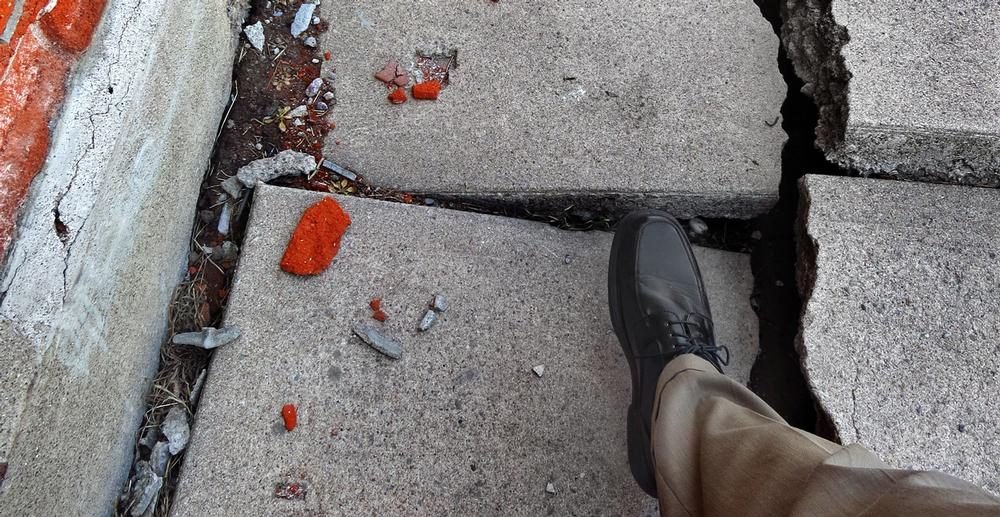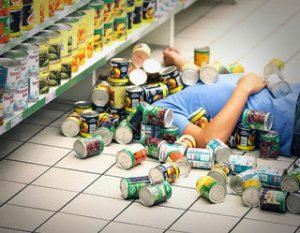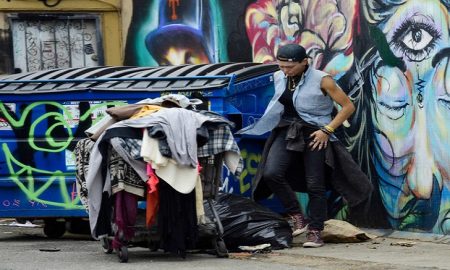
A Look At The Concept Of Premises Liability

When matters related to personal injury cases are concerned the legal concept of premises liability is taken into account especially when the injuries were caused by the unsafe or defective condition of a property belonging to someone.
Personal injury cases in most cases are based on negligence and premises liability cases are also similar. When trying to win a case of premises liability the injured individual must prove that the property owner neglected to mention the property resulting in the accident. Generally, it indicates negligence on the part of the property owner who may have failed to implement reasonable care for the maintenance of the property.
It is essential to note that an injury on someone’s property cannot be construed as negligence on the part of the owner. As an individual with the injury, you would be required to prove that the owner was aware that the premises were in unsafe condition and failed to take the necessary steps to improve the same. Let us look at some of the cases which fall under the concept of premises liability.
Premises liability – types of cases
Different types of personal injury cases fall under the concept of premises liability and some of them include the following:
- Slip and fall accidents.
- Inadequate maintenance of the premises.
- Snow and ice accidents.
- Defective conditions of the premises.
- Elevator and escalator accidents.
- Swimming pool accidents.
- Fires.
- Amusement Park accidents.
- Dog bites.
- Water leaks or flooding.
- Inadequate building security leading to the injuries or assault.
- Toxic fumes or chemicals.
As it can be seen a wide range of facts scenarios must be considered in cases of premises liability. Cases of dog bites also fall under the concept of premises liability because of the unsafe condition and the presence of a potentially dangerous animal.
Property owner responsible for premises liability
 Numerous states within the United States require the property owner to exercise the cautions needed and maintain the property in an appropriate condition to ensure no accidents will befall people who may enter the property. Some states have different laws for visitors to the property and have been classified as invitees, licensees, and trespassers. Invitees are people who have been invited by the property owner and is liable to receive the care needed for his or her safety. Licensees are also in a similar position but the property owner needs to inform the licensee about any dangerous conditions which may exist.
Numerous states within the United States require the property owner to exercise the cautions needed and maintain the property in an appropriate condition to ensure no accidents will befall people who may enter the property. Some states have different laws for visitors to the property and have been classified as invitees, licensees, and trespassers. Invitees are people who have been invited by the property owner and is liable to receive the care needed for his or her safety. Licensees are also in a similar position but the property owner needs to inform the licensee about any dangerous conditions which may exist.
Trespassers are not authorized to be on the property and therefore the property owners are not responsible for any injuries they may incur unless the trespasser was a child. The rules specified for premises liability are complicated and differ according to the state where they are implemented. However, people who are injured on a property are advised to contact a lawyer who specializes in premises liability cases for the help needed and claim for damages.
Examples of premises liability cases
Let us look at the various types of premises liability cases:
Slip and fall cases are perhaps the most common among premises liability cases and they usually occur when you slip and fall on someone else’s property. The common reasons that lead to slip and fall accidents can be classified as under:
- Defective staircases.
- Wet and oily floors.
- Accumulation of ice and snow.
- Hidden extension cords and thresholds.
- Rugs and carpets that haven’t been secured along with loose or broken floors, sidewalks, steps, and stairs.
Inadequate building security. Owners of apartment buildings and offices are required to act reasonably by securing access to the buildings. It is perhaps the reason why large buildings and offices have security guards even on the first floor. Smaller buildings will assign the duty of locking the front and back doors to the tenants but the premises liability still remains with the owner of the building and if accidents like assault or any other incidents occur the owner of the building will be liable for the premises liability.
Similar rules also apply to accidents in swimming pools where children are known to be the victims in many cases. Swimming pools which are unsupervised are classified as not secure and therefore the premises liability is thrust upon the owners making them liable for penalties if accidents happen.
This article has been created to give people an explanation of the laws which are governing premises liability and to explain the concept behind holding the owner of the premises liability for any accidents which may occur and cause injuries to unknown individuals.
More in Legal Advice
-
A Step-By-Step Guide to Becoming a Real Estate Lawyer
A real estate lawyer specializes in legal matters related to property, from transactions to disputes. They ensure legality in real estate...
December 3, 2023 -
What Is Asylum & How Does It Work?
At its core, asylum is a protection granted to foreign nationals in a country because they have suffered persecution or have...
November 26, 2023 -
6 Reasons Why Sentencing Is Any Judge’s Toughest Assignment
When you picture a judge, you might imagine a stern figure in black robes, gavel in hand, delivering verdicts with unwavering...
November 14, 2023 -
Carrie Underwood Sued for NBC Sunday Night Football’s “Game On”
It is almost ritualistic. As the weekend winds down and Sunday evening approaches, millions across America gear up for a night...
November 12, 2023 -
Why Lawyers’ Productivity Has Increased in Modern Times
Remember the old days when your image of a lawyer might have been drawn straight out of an episode of “Matlock”...
November 5, 2023 -
Paying Down Debts Using Debt Relief Tactics
Debt is like that lingering headache that never seems to go away, no matter how much aspirin you pop. But there...
October 29, 2023 -
Pro Se: Your Right to Represent Yourself WITHOUT an Attorney
The legal system is complex and so, more often than not, people hire a professional attorney to navigate the legal system....
October 21, 2023 -
The Craziest, Most Expensive Hollywood Divorces of All Time
Hollywood is the land of glitz, glamour, and romance – until it is not. Over the years, we have seen our...
October 13, 2023 -
How Was Life as a Lawyer in Ancient Rome?
The Late Roman Republic was a period chock-full of political drama, rampant corruption, and the rise and fall of powerful figures....
October 8, 2023














